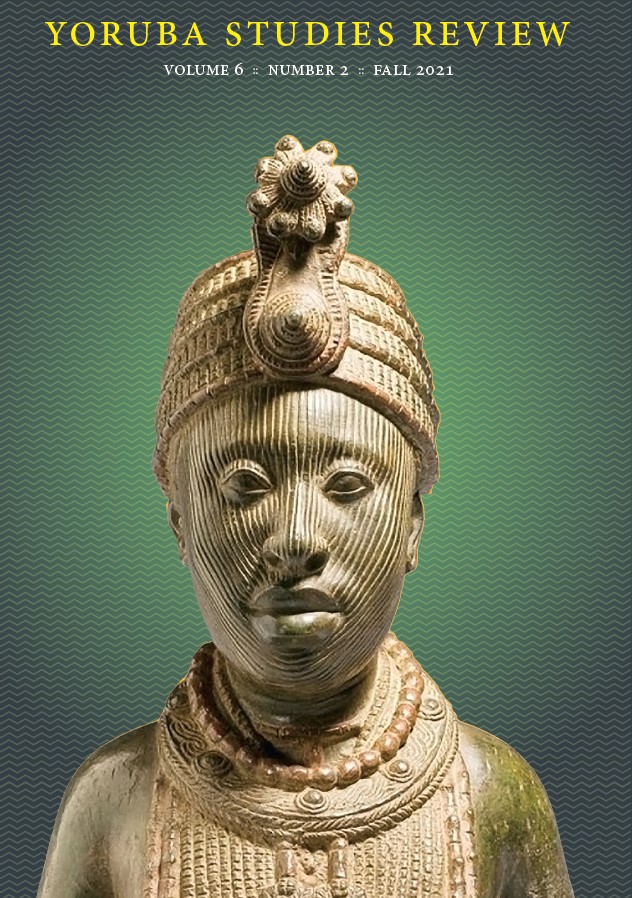Abstract
This article offers an interpretation of Àmọ̀tẹ́kùn, a security outfit established by the governors of Southwest Nigeria to tackle rising cases of insecurity in the region. In the light of existing discourse of identity politics in Nigeria; the inauguration of the outfit in early 2020 initially sets the southwest states on collision course with the federal government due to the fact that the police in Nigeria are centrally controlled. Drawing from online news reports and qualitative data obtained through interview the article argues that Àmọ̀tẹ́kùn together with the controversies that follow the launch illustrates a particular way in which the Yorùbá of southwest Nigeria construct and as well resist real or imagined ethno-regional hegemony. Although created to address insecurity, the shared meanings that grow out of Àmọ̀tẹ́kùn emphasize more complex significations: Yorùbá trailblazing tradition, succor from the suffocating silence and inactivity of the Nigerian state, possibility of political restructuring, and more importantly, resistance of ethno-regional hegemony.

This work is licensed under a Creative Commons Attribution-NonCommercial 4.0 International License.
